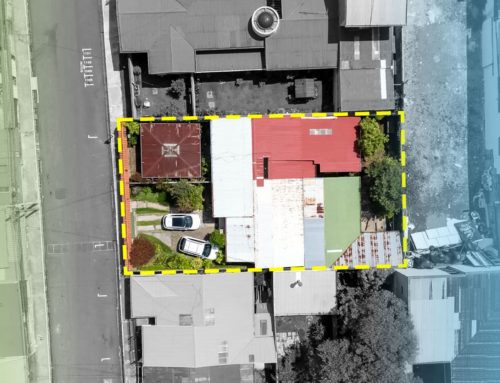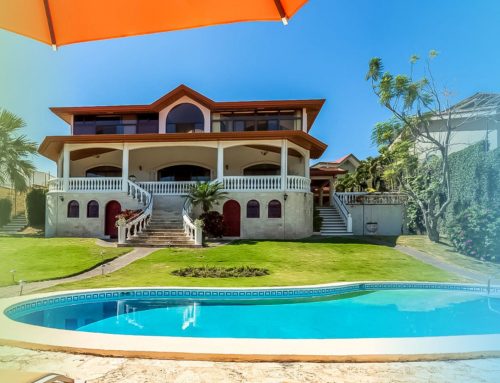Many times we get the idea that saving money is very difficult, but the truth is that the most complicated part is getting started. From there everything is order and discipline! If you already have your dream home in mind, or are tired of renting or living with your family, this article with tips to save money for your home downpayment will be just what you need…
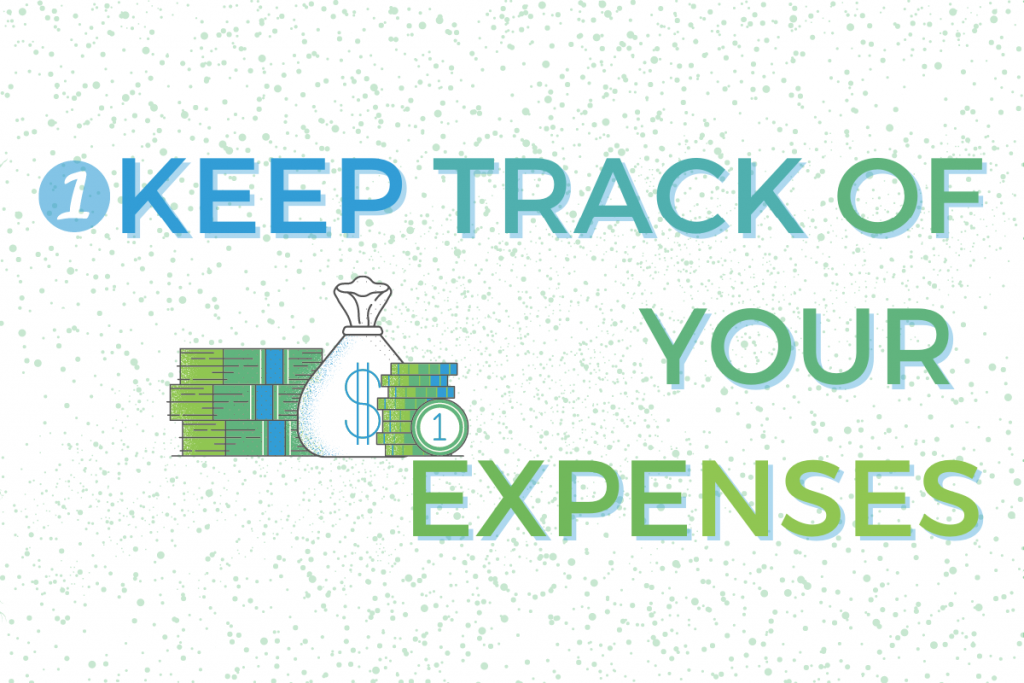
Your first step is to keep track of all your expenses.
This requires that you begin to meticulously record each purchase. From the smallest like a soda in the grocery store, to the largest like a new TV. Absolutely all the expenses that you have should be noted.
There are many methods to do this: (a) you can make an Excel sheet document that you can access from your phone. The options can be Google Docs, or Sheets, depending on your cell phone brand. (b) Buy yourself a notebook or a notepad to write down each expense after shopping (c) find apps that are especially for this.
Additionally, another piece of advice that we want to give you is that if you are a person who has a busy day and cannot be stopping to write down each expense: you can save all the bills for the day and when you are at home and have a free moment, and record everything with invoices!
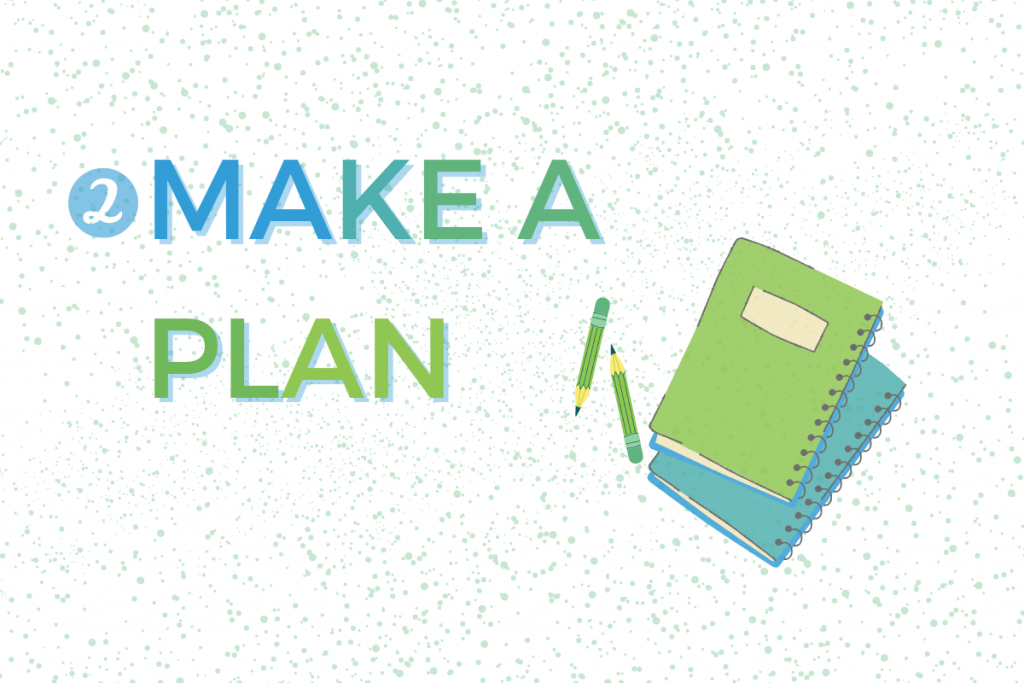
Your second step after knowing how much you spend is: analyze the data and make a budget & savings plan.
Once all the data is registered, you must sort it by the same categories that you have of expenses. For example: grocery store, personal stuff, gasoline, food, and others. With this you can account for all the unnecessary expenses you made, and that that money could be saved. Uber rides everywhere, rampant clothes purchases, restaurant or express meals on a Saturday night … All of this adds up to expenses that you could be saving and “putting in the piggy bank” for your downpayment!
After understanding what it is not necessary, we have to see the indispensable expenses. Not everything can be cut from the budget, expenses such as food, rent, gasoline, bills or debts, are things that we always have to pay responsibly. And these should be included within your budget for the savings plan.
What is a budget?
A budget is a plan made by you – or a professional – that tells you how much money you can spend. This is also divided into categories so that you can organize yourself better. With a budget in mind, you will be able to know how much you can spend on necessities weekly, biweekly or even monthly. Having a budget is important because it helps to limit spending money in order to comply with a savings plan.
What is a savings plan?
A savings plan is the short and long term goals that you are going to establish to meet the total desired savings quota. You must ask yourself: how much money for downpayment do I want to save and within how much time? Then based on this you can divide it by the number of months within that period of time, and so on by the times you are paid in this time. Then by taking this number you can begin to cut down on unimportant expenses in order to meet this goal and still be able to meet the necessary expenses.
It is also important to mention that instead of just cutting expenses you can also look for alternative ways to earn more money. If you have a car you can do Uber when you get off work, or you can sell food, tutor, babysit, make deliveries, everything! As they popularly say: “money is out on the street” so think not only about making your wallet small, but also your income bigger!
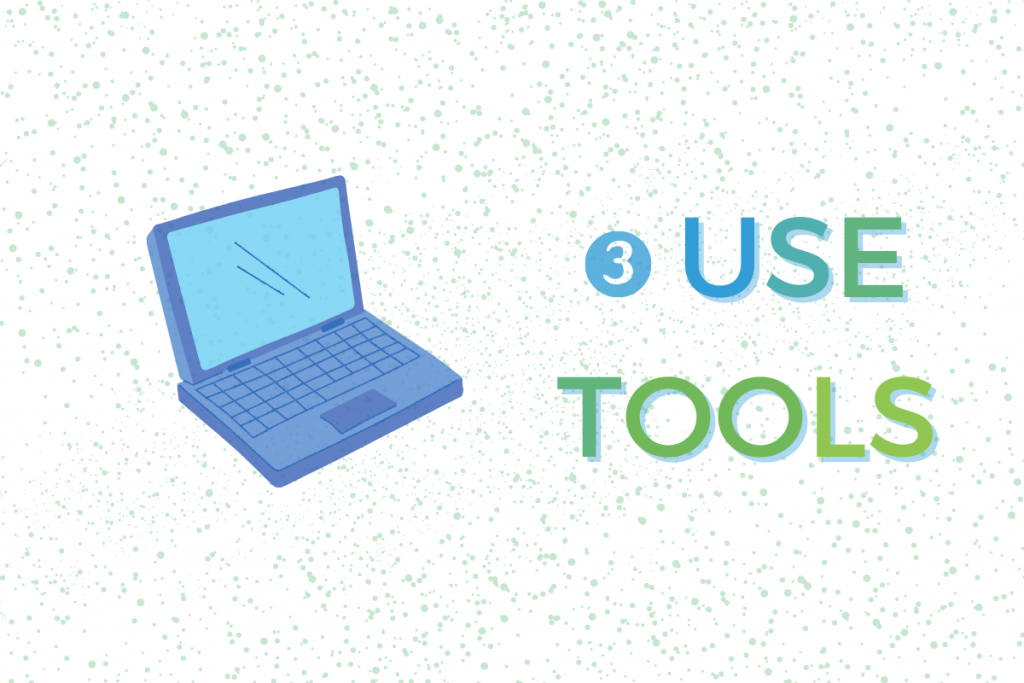
The third step is to use tools to help you save money for your home downpayment.
We previously mentioned that it is not necessary only to cut expenses but also to seek to earn more. Apart from looking for another way to earn more money, you can also look for ways to multiply what you already have saved. In other words, you can invest your money in companies that are safe – for this we recommend talking to an expert on the subject. Another way is by using a Certificate of Deposit given by banks that normally have a higher interest rate than the normal savings accounts.
Other tools to consider that are extremely important are those used to save your money. These can range from an Automatic Savings Account to an Individual Retirement Account.
Remember that saving does not mean that now your life will be limited and boring, because within your budget you should always include a treat to be able to have a good time. Being tidy with money brings happiness and peace of mind so don’t get consumed by a negative attitude towards saving. Remember attitude is everything! And if you apply the tips mentioned above, you can effectively save for your home premium and live happily!


